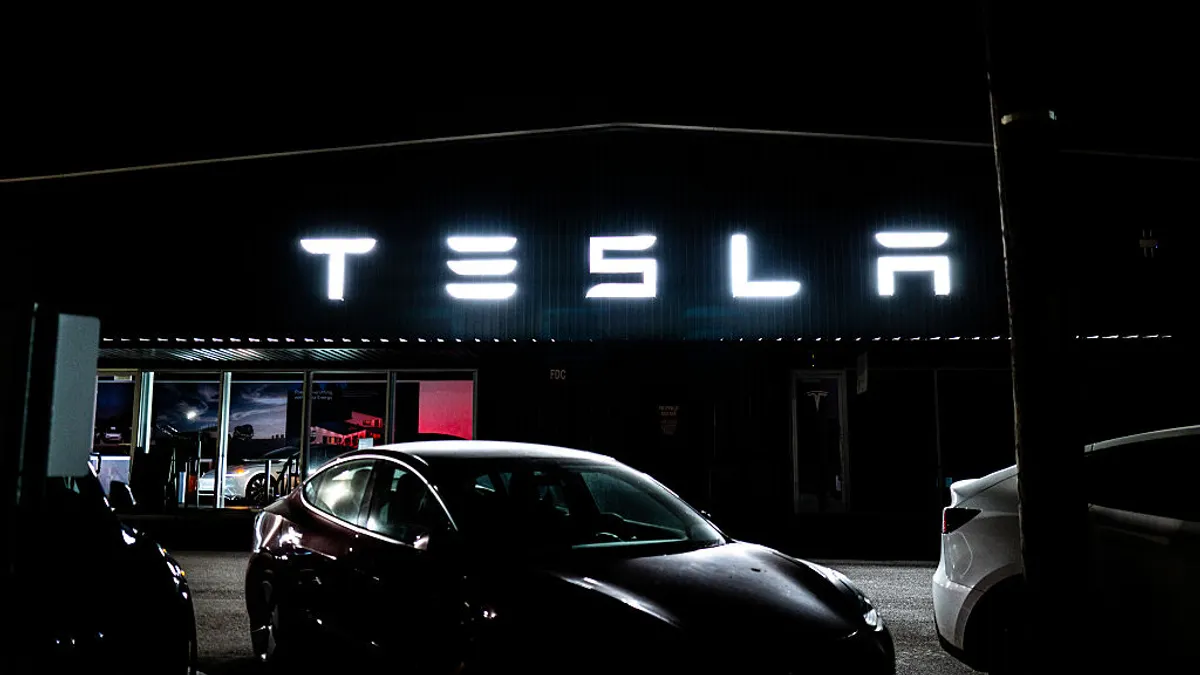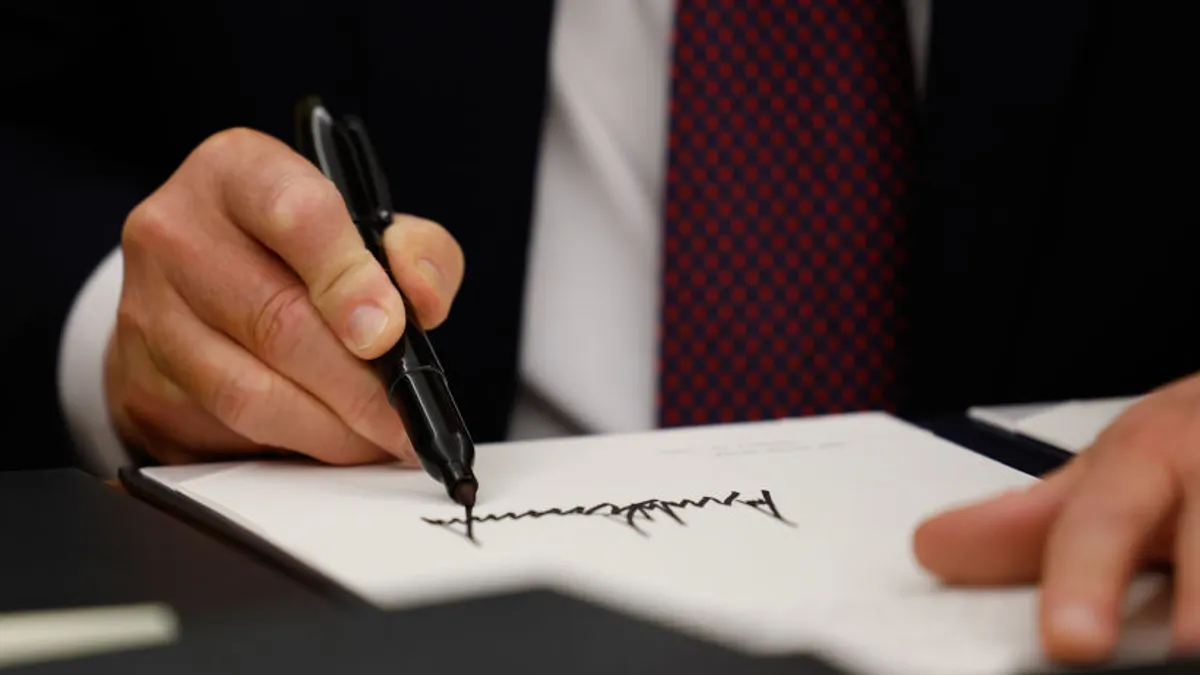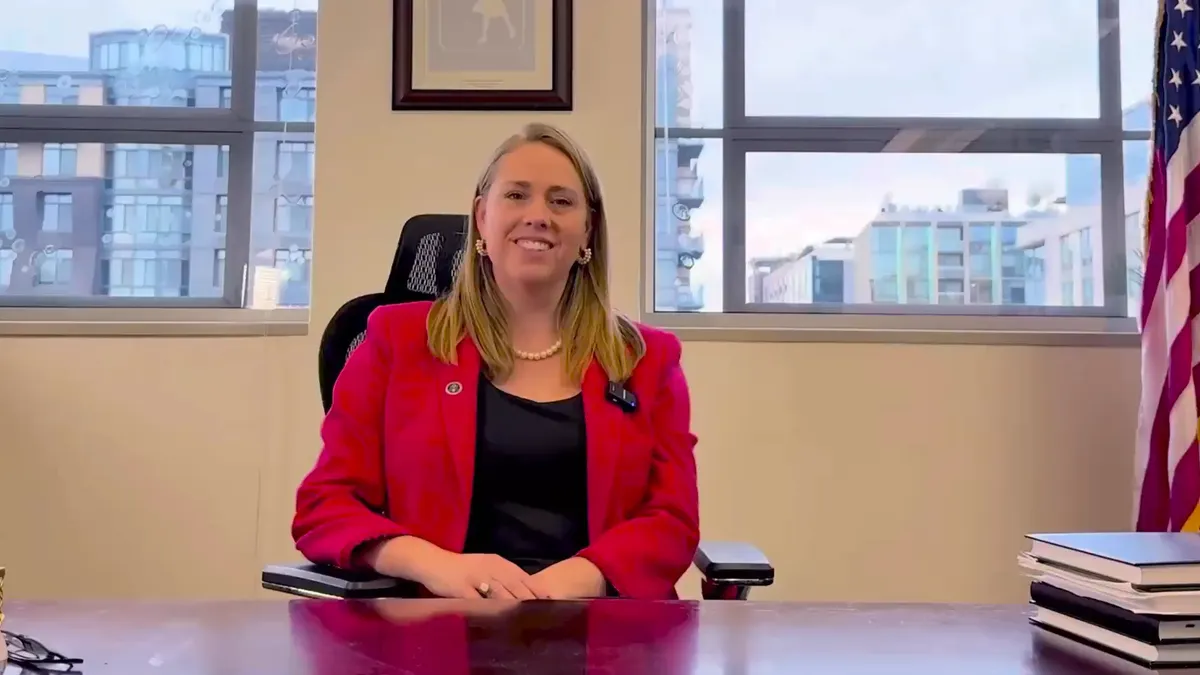How can HR practitioners and people professionals champion DEI at a time like this?
It’s a question that has plagued many, both those for and against DEI. As rollbacks trickled into the news throughout 2023 and 2024, HR professionals were soon up against systemic challenges: namely, President Donald Trump’s executive orders that sought to diminish DEI’s role in both the private and public sectors.
Many practitioners have found themselves trying to build a diverse workforce and an inclusive workplace, without rendering their employers a target for claims alleging “unlawful” DEI.
The key, according to a consultant with first-hand knowledge of these challenges, is a combination of compassion and courage.
Laying the groundwork
In a new book, “Courage Over Fear: Harness the Power of Agency to Lead in Uncertain Times,” Kristen Kavanaugh and former colleague, Mike Randolph, have some advice for HR professionals on navigating this new landscape. It’s a culmination of their experiences at a major workplace whose name has become synonymous with workplace culture challenges: Tesla.
“I was there for six years. I started out in HR and doing leadership development work, so there wasn’t a DEI function when I started at Tesla,” Kavanaugh told HR Dive. “I remember having my first performance review, and they asked the question, ‘Where do you see yourself in three years or five years?’ I said I wanted to start that function. I never thought anything of it.”
Eventually, another person, Felicia Mayo, was brought in to work on DEI at Tesla; Mayo served as vice president of HR and Diversity from 2017 to 2019. “It was eye-opening for me, to see that there was an appetite for it. They did see a business imperative — or else they wouldn’t have brought her in,” Kavanaugh said, recalling that she “made a beeline” to join that team.
“The culture had a lot of problems, and so we were dealing with some of that on the leadership development side, but I really wanted to be at the forefront of changing the culture — making sure it was inclusive for everyone,” she said.
As someone who identifies as queer and Black as well as a disabled veteran, and is a woman, an inclusive culture was especially important to Kavanaugh: “To be able to see that workplace from all of those different lenses — and try to make sure that everyone was included — was something that I was really passionate about,” she said. Eventually Mayo left the team, and the responsibility of building the DEI function was left to Kavanaugh.
Riding out the tide shift
As DEI lead from 2019 to 2022, Kavanaugh said she saw the full “arc” of Tesla’s DEI story: from Tesla’s condemnation of George Floyd’s death, to eventually “getting the sense from Elon [Musk] that his sentiment had shifted” and that it would have implications for the company.
“I felt like I was standing in that gap — really trying to protect what we had built for our employees and the environment that we had started to shape for them,” Kavanaugh said. Her goal was to keep Tesla’s DEI program from crumbling on her watch, she said.
What Kavanaugh experienced may mirror what many HR professionals have been facing at their companies, both big and small.
“We thought that maybe that was an experience unique to us, unique to Tesla,” Kavanaugh said of her and Randolph’s time at Tesla. “But what we found is this is something that people are experiencing everywhere,” she said, at work and outside of it.
“There’s a lot of fear percolating [through] the system,” she continued. “So we think that the best thing that people can do is find a way to have courage in this moment — before it’s too late.“
Be courageous with one simple step
Kavanaugh’s primary advice concerned how HR and managers should approach their teams with more compassion.
“I think a lot of leaders get caught up in thinking they have to change the whole system. So it feels overwhelming or insurmountable,” she said.
“It could be as easy as looking at your own team: What are you doing to make sure that you’re making people feel included, or making people feel like they have a voice?” she asked.
For example, being diligent about pronouns is a place to start. “That's not a hard thing to do, but it signals so much about who you are,” Kavanaugh said.
Caring about DEI is not an anomaly, even now
While the fear of standing up for DEI may be real, Kavanaugh suggested HR professionals take cues from the shareholders of major companies that have shot down anti-DEI proposals.
For example, earlier this year, the majority of Apple shareholders dismissed a proposal for the tech company to cease DEI efforts. Likewise, 99% of Disney shareholders voted down a proposal to exit the Human Rights Campaign’s Corporate Equality Index this year, despite increased conservative ire against HRC.
Some experts have also pointed out that not every company was rolling back DEI last summer and by many accounts, post-executive order, the rate of DEI decommitments is slowing down.
“The narrative is just so strong and the fear is so strong,” Kavanaugh said. “They need the fear for the system to continue to exist. The more we can push back, have the courage to push through and do something that might make you a little bit afraid? That's how we get through this.”























